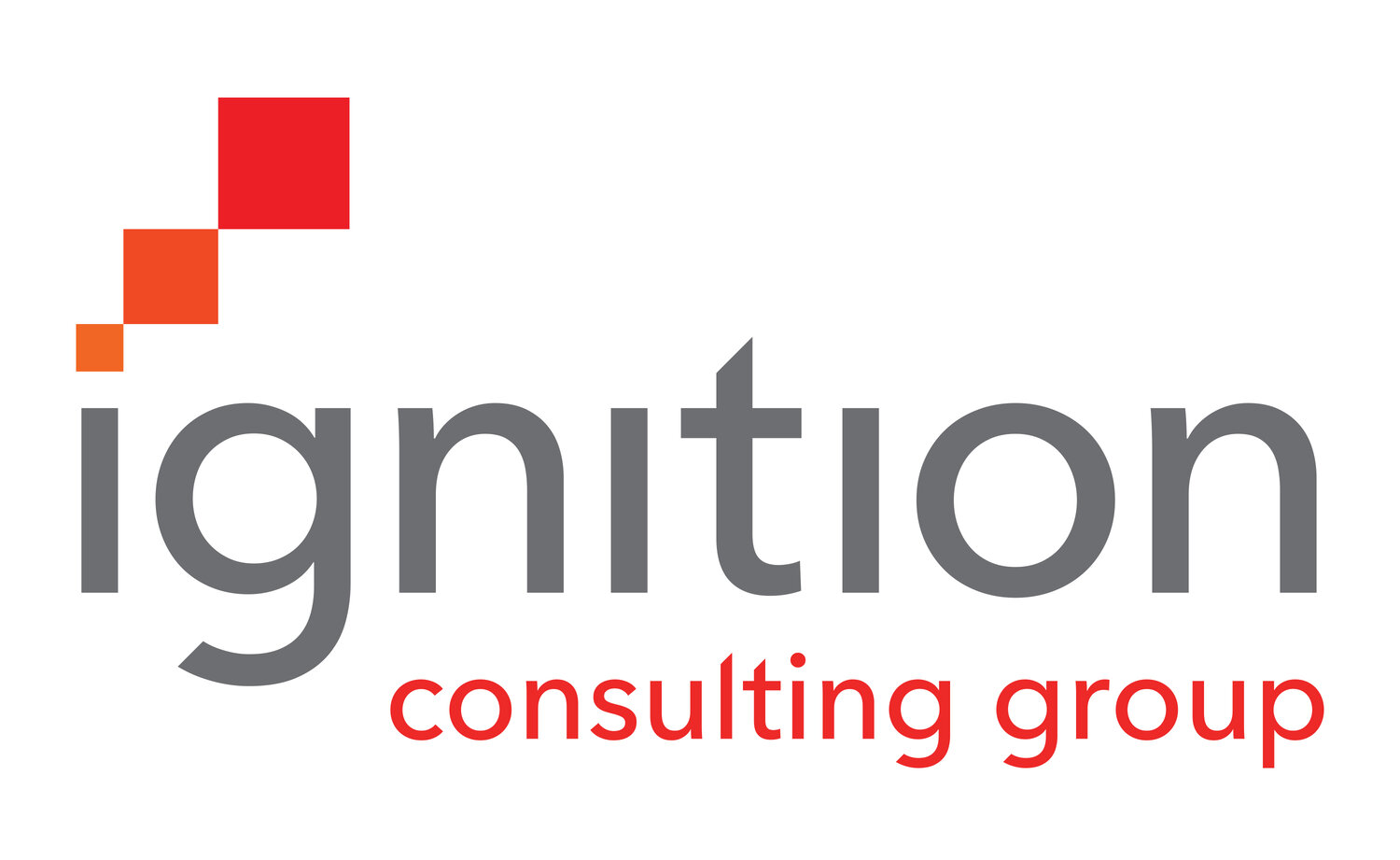How to Present Solution-Based Pricing
By Tim Williams
When you make the decision to implement a new revenue model in your firm, one of the essential first steps is to arm your front-line executives with the language and framework they need to sell in solution-based pricing to both clients and prospects.
Here’s an example of a framework that can be used in client conversations as well as in responses to RFIs, RFPs, and in face-to-face new business presentations.
Unlike most other agencies that offer only one standardized compensation model based on hours and time of staff, our firm prices its services and solutions in a number of different ways depending on the goals of our clients.
When entering into new client relationships, our primary objective is to align economic incentives by scoping and providing outputs and outcomes in place of inputs. In other words, we believe what our clients should be paying for are actual deliverables and marketplace results, not agency efforts.
To help agency and client teams stay focused on what really matters -- business results -- we precede every Scope of Work discussion with a definition of Scope of Value; a clear articulation of expectations and desired outcomes. In situations where business goals need sharper definition, we have a powerful suite of tools designed to help our clients define and clarify their leading indicators of success.
How we define scope
We define "scope" as delivering effective outputs and outcomes -- on time and on budget -- not as hours entered on timesheets. Because we price based on work delivered or outcomes achieved, we will never come back and ask you for more money because we spent more time. As long as projects stay within their original scope definitions, we take responsibility for assigning and managing the resources needed to produce the agreed-upon outputs or outcomes.
All of this is based on our strong belief that marketing expenditures -- including agency fees -- should be guided by the external value created in the marketplace rather than the internal costs incurred by the agency. Our approach is therefore to provide our clients with different ways they can buy our solutions instead of our costs. So in place of detailed information about our costs (direct expenses, overhead, etc.) we provide detailed information about the problems we propose to solve and the value we expect to create on your behalf.
Our inventory is expertise, not time
We don't sell -- nor do we think you should buy -- buckets of hours. We therefore don't have a conventional agency rate card. We do, however, offer standardized pricing for standardized services. We realize that most production-related work has a market value and we offer our clients a simplified way of buying those services based on a menu of unit-based prices for execution and implementation. These fixed prices for fixed production services greatly simplifies the procurement process for what is often the largest portion of the marketing budget.
For the work that precedes the production phase -- uncovering consumer insights, mapping customer journeys, identifying key motivators, and developing innovative solutions to business problems -- we offer in most cases fixed pricing backed by a professional service guarantee. We take responsibility for managing our staff and our costs and are accountable to you for the deliverables and results we promised.
In some cases, we may recommend an outcome-based approach to compensation based on shared risks and shared rewards. Some situations may suggest an opportunity for compensation based on royalties or revenue sharing. In addition, our clients are often able to reduce their marketing costs by licensing (rather than buying) certain solutions or IP. We also offer subscription-based pricing for services such as analytics and marketing dashboards.
A better alternative
Compared to other agencies, our approach to pricing looks through the exact opposite end of the telescope. We know that marketers are under intense pressure to lower their costs, but what they ultimately need most is better business results. By setting aside the increasingly ineffective and outmoded cost-plus system, we're able to offer much better value for the money to our clients.
We trade conversations about hours and staffing plans for discussions about marketing effectiveness and revenue goals. And we trade the energy and resources other agencies spend on tracking hours for measuring what really matters: the success of your brand in the marketplace.
In the end, we believe the most effective compensation agreements allow both parties in the transaction to earn a profit. The seller earns a profit by charging a price that exceeds the cost. But the buyer should also earn a profit through value that exceeds the price. Our goal in every engagement is to provide more value than we’re charging for.



